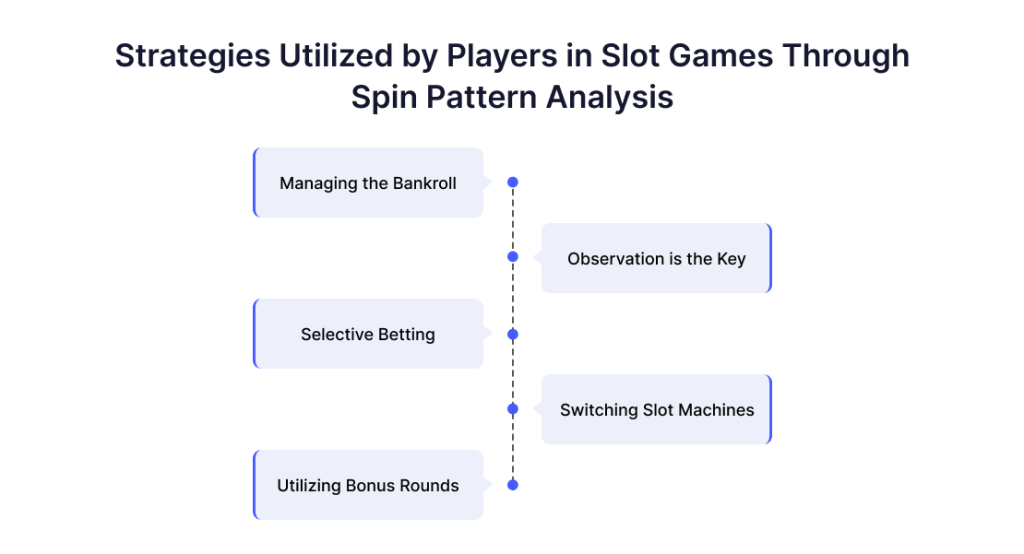Revitalize Your Look with Biondo Hair Design
Explore the latest trends and tips in hair design and care to achieve the perfect look.
Pay Your Players: The Mysterious World of Payout Mechanisms
Unlock the secrets of payout mechanisms! Discover how they shape player experiences and impact the gaming industry. Dive in now!
Unlocking the Secrets: How Payout Mechanisms Work in Gaming
Payout mechanisms in gaming are essential for both players and developers, as they determine how rewards are distributed and can significantly impact user experience. Understanding how these systems work can help players make informed choices and enhance their gaming strategies. Generally, payout mechanisms can be categorized into several types, including fixed payouts, where players receive a predetermined amount regardless of their betting patterns, and variable payouts, which fluctuate based on game performance, player engagement, and may include elements like jackpots that grow over time. Additionally, various games employ different algorithms and return-to-player (RTP) percentages that dictate how much of the total wagered amount is returned to players over time.
Another crucial aspect of payout mechanisms is the timing of rewards. Many games utilize session-based payouts, where players receive rewards based on the duration of their gaming sessions, promoting longer playtime. Alternatively, other games may offer achievement-based payouts, rewarding players for reaching milestones or completing specific challenges. Understanding these elements can offer a deeper insight into the gaming ecosystem and help players choose games that align with their preferences. Overall, by diving into the intricacies of payout mechanisms, players can better navigate the gaming landscape and maximize their enjoyment and potential rewards.

Counter-Strike is a popular multiplayer first-person shooter game that has garnered a massive following since its release. Players compete as terrorists or counter-terrorists in various game modes, aiming to complete objectives or eliminate the opposing team. For a chance to enhance your gaming experience, consider using a cloudbet promo code to unlock exciting rewards.
Comparing Payout Structures: Which Models Benefit Players the Most?
When exploring various payout structures in the gaming or betting industry, it becomes essential to identify which models are most beneficial for players. Payout structures can vary significantly, ranging from fixed payouts to percentage-based returns. Players should consider options such as flat rate payouts, where winnings are predetermined, and variable payouts, which change based on the total bet or player participation. Understanding these models helps players strategize their bets and maximize potential returns.
Another critical aspect to consider is the concept of house edge. Different payout models inherently have different house edges, which can affect player profitability in the long run. For example, games with lower house edges often feature higher payout percentages, making them more appealing to serious players. Additionally, progressive jackpot systems can offer astronomical payouts, although they usually come with lower odds of winning. Therefore, it's vital for players to compare these various payout structures to determine which offers the best balance between potential winnings and likelihood of success.
The Future of Player Compensation: Are New Payout Models on the Horizon?
The landscape of player compensation is evolving rapidly, driven by technological advancements and changing societal expectations. As the sports industry embraces new payout models, there is an increasing emphasis on equity and transparency. Innovative solutions, such as performance-based bonuses and revenue-sharing agreements, are gaining traction. These models not only focus on traditional salary structures but also offer players a stake in the financial success of their teams. For instance, leagues might implement dynamic payout systems that adjust salaries based on individual and team performance metrics, fostering a more competitive environment.
Moreover, the advent of blockchain technology and cryptocurrency could revolutionize how players are compensated. Players may soon have the option to receive payments in digital currencies, allowing for faster transactions and greater financial flexibility. Additionally, fan-driven funding platforms are emerging, where fans can invest directly in players or teams, creating a unique relationship between supporters and athletes. As these trends unfold, stakeholders must consider their implications carefully and adapt to ensure that the evolving landscape of player compensation is fair and beneficial for all parties involved.